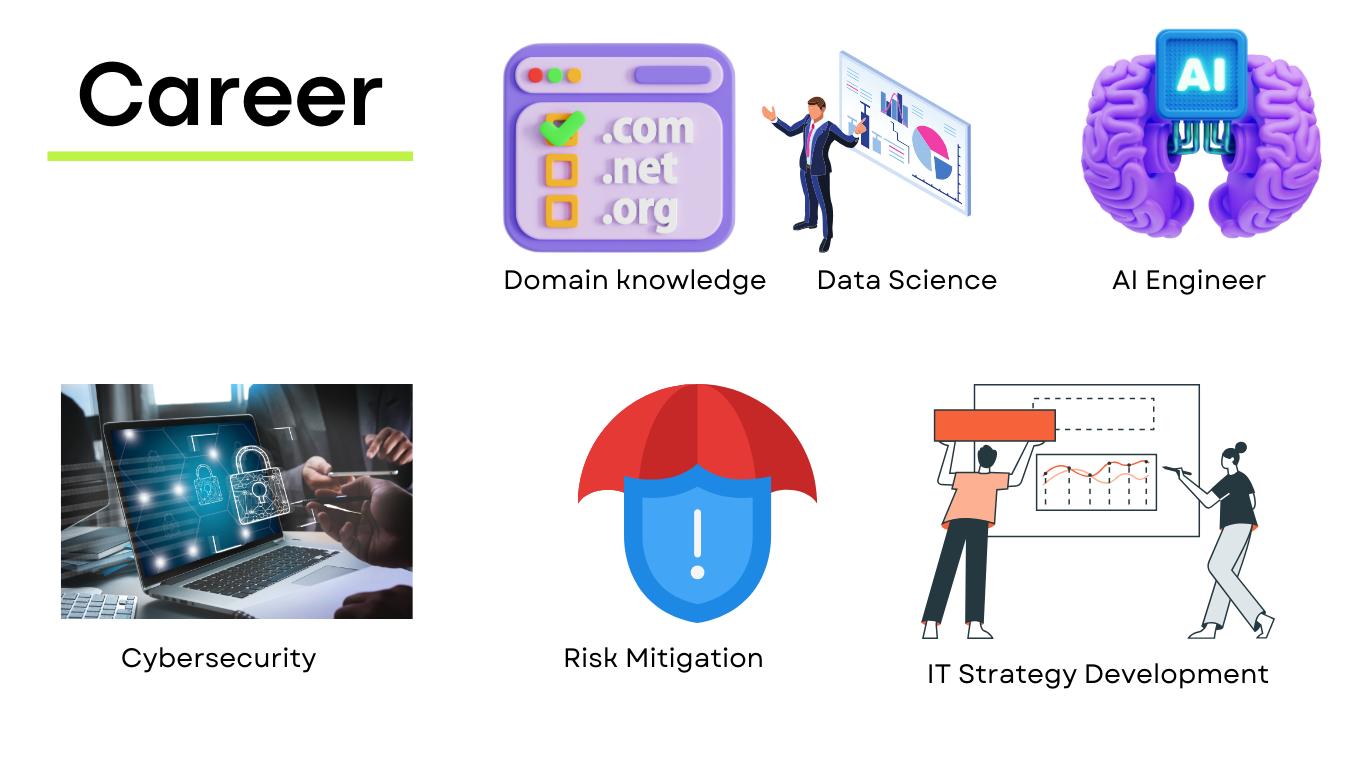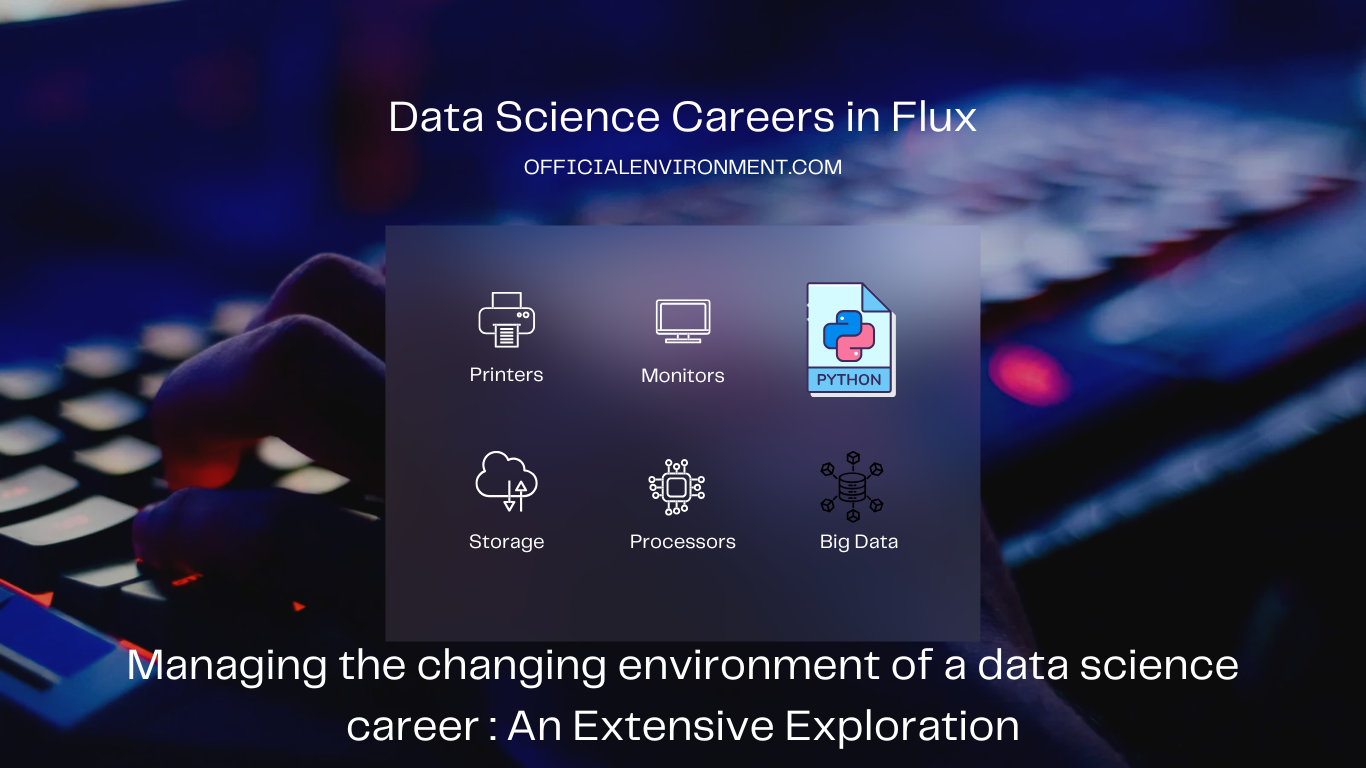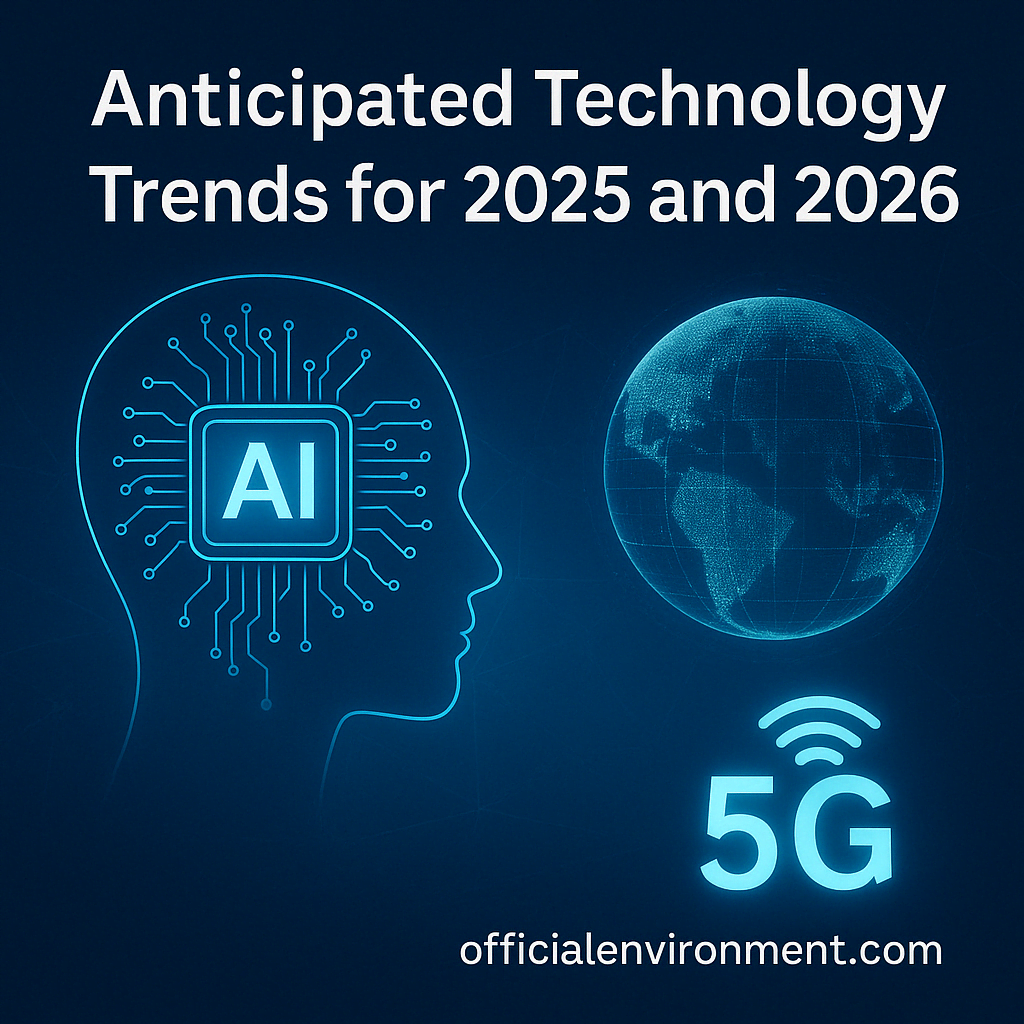In the rapidly evolving realm of technology, the profession of data science has emerged as a driving force, revolutionizing industries, shaping decision-making processes, and unlocking the power of big data. In this expansive article, we delve into the multifaceted world of data science, exploring its historical roots, current state, the skills required, and the plethora of opportunities it presents for aspiring professionals. Our journey through the nuances of this field will not only provide a comprehensive understanding but also serve as a guide for those considering or already pursuing a career in data science.
Unraveling the Historical Tapestry of Data Science
The roots of data science can be traced back to the early days of statistics and computer science. The term "data science" itself gained prominence in the early 2000s, encapsulating a holistic approach to extracting insights from data. As the digital age burgeoned, organizations recognized the need to derive value from the burgeoning volumes of data they were accumulating.
One of the earliest instances of data science application can be attributed to Florence Nightingale, the pioneering nurse, and statistician who utilized statistical methods to analyze and visualize mortality rates during the Crimean War. This historical precedent underscores the interdisciplinary nature of data science, combining statistical methods, domain expertise, and technological proficiency.
The Current Landscape: Data Science in the Digital Era
Diverse Applications Across Industries
In the contemporary landscape, data science has permeated virtually every industry, from finance and healthcare to e-commerce and entertainment. The ability to transform raw data into actionable insights has become a cornerstone of strategic decision-making, empowering organizations to gain a competitive edge in the market.
In finance, for instance, data science algorithms are employed for risk management, fraud detection, and portfolio optimization. In healthcare, predictive analytics aids in patient diagnosis and treatment planning. E-commerce giants leverage data science to enhance customer experience through personalized recommendations, while the entertainment industry uses it for content curation and audience engagement.
The Rise of Machine Learning and Artificial Intelligence
A pivotal evolution within the data science landscape is the ascendance of machine learning (ML) and artificial intelligence (AI). These technologies have catapulted data science into a new era, enabling systems to learn and adapt without explicit programming. Machine learning algorithms, ranging from supervised to unsupervised learning, form the bedrock of predictive analytics, pattern recognition, and decision-making processes.
Artificial intelligence, with its subsets like natural language processing and computer vision, further amplifies the capabilities of data science. This symbiotic relationship between data science and AI is shaping the future of technology, influencing everything from autonomous vehicles to virtual assistants.
Essential Skills for Aspiring Data Scientists
A cornerstone of a successful data science career is technical proficiency. Profound knowledge of programming languages such as Python and R, along with a command over statistical analysis tools and databases, is imperative. Data manipulation, cleaning, and visualization skills using libraries like Pandas, NumPy, and Matplotlib are essential components of a data scientist's toolkit.
Machine Learning and Algorithmic Expertise
Given the prevalence of machine learning in data science, a strong foundation in ML algorithms and techniques is crucial. Understanding the nuances of supervised and unsupervised learning, as well as experience with algorithm development and optimization, enables data scientists to extract meaningful patterns and insights from data.
Data science is not merely about numbers and algorithms; it requires a deep understanding of the industry or domain in which it is applied. A data scientist with expertise in healthcare, for instance, should possess knowledge of medical processes, terminologies, and regulatory frameworks. This domain knowledge enhances the relevance and impact of data-driven insights.
Translating complex data findings into actionable insights is a crucial aspect of a data scientist's role. Strong communication skills, both written and verbal, are essential for conveying findings to non-technical stakeholders. The ability to tell a compelling story with data is what transforms raw information into strategic guidance for decision-makers.
The Spectrum of Data Science Careers
A stepping stone into the world of data science, a data analyst focuses on interpreting and analyzing data to inform business decisions. They play a pivotal role in data cleaning, visualization, and generating descriptive statistics. Proficiency in Excel, SQL, and data visualization tools like Tableau is often a prerequisite for this role.

A data scientist is an alchemist who transforms raw data into actionable insights. They utilize a combination of statistical techniques, machine learning algorithms, and domain expertise to extract patterns, trends, and predictions from data. The interdisciplinary nature of data science is particularly pronounced in this role, requiring a seamless integration of technical skills and business acumen.
Machine learning engineers specialize in designing and implementing machine learning systems. They focus on deploying models into production, optimizing algorithms for scalability, and ensuring seamless integration with existing systems. Proficiency in programming languages like Python and Java and expertise in ML frameworks are paramount for this role.
Data engineers are responsible for constructing the architecture that enables effective data generation, transformation, and storage. They design and maintain the infrastructure required for big data processing, ensuring a seamless flow of information from various sources to analytical platforms. Proficiency in data warehousing, ETL (Extract, Transform, Load) processes, and knowledge of database systems is critical for this role.
Opportunities and Future Trends in Data Science
Expanding Opportunities Across Industries
The demand for data science professionals continues to surge across diverse industries. As organizations recognize the transformative potential of data-driven insights, they seek skilled professionals to harness this power. From traditional sectors like finance and healthcare to emerging fields like renewable energy and genomics, the applications of data science are boundless.
As artificial intelligence becomes more ingrained in our daily lives, the demand for explainable AI is on the rise. Organizations and consumers alike are seeking transparency in AI decision-making processes. Data scientists who can develop models that provide clear explanations for their outputs will be in high demand, ensuring ethical and accountable AI practices.
Integration of Data Science in Cybersecurity
With the escalating threat landscape in the digital realm, the integration of data science in cybersecurity is becoming increasingly critical. Analyzing patterns, detecting anomalies, and predicting potential threats are areas where data science can significantly bolster cybersecurity measures. Professionals with expertise in both data science and cybersecurity will find themselves at the forefront of this evolving field.
Augmented analytics, powered by AI and machine learning, is transforming the way organizations derive insights from data. This approach automates data preparation visualization and even offers natural language processing interfaces for querying data. As augmented analytics gains prominence, data scientists will find themselves working alongside intelligent systems, enhancing efficiency and democratizing data access within organizations.
Pursuing a Career in Data Science: Challenges and Considerations
The rapid evolution of data science technologies often outpaces traditional education systems. As a result, there exists a significant skills gap between the demand for skilled professionals and the available talent pool. Aspiring data scientists must be proactive in acquiring relevant skills through online courses, certifications, and practical experience.
Ethical Considerations and Privacy Concerns
Significant ethical issues are raised by the quick development of data science, particularly in relation to privacy and data usage. Data scientists have to strike a cautious balance between protecting people's personal information and obtaining insightful knowledge. Ensuring responsible and equitable data processes requires adherence to ethical standards, such as those established by trade associations like the Data Science Association.
Conclusion
The world of data science is a dynamic and thriving ecosystem, offering a myriad of opportunities for individuals with the right skills and passion. From unraveling the mysteries of healthcare to driving financial decisions and shaping technological advancements, data science has become an integral part of diverse industries. As the demand for data-driven insights continues to soar, the future of professions in data science promises exciting innovations and transformative impacts across the globe.






